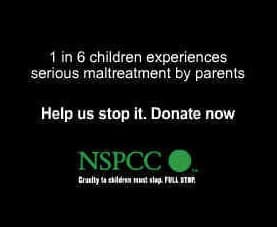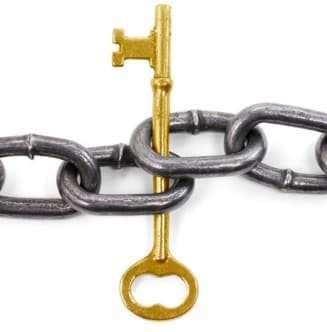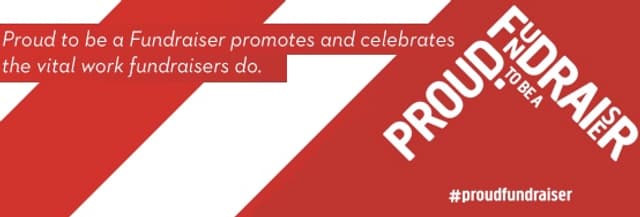Why I struggle to be proud to be a fundraiser.
- Written by
- Giles Pegram CBE
- Added
- July 11, 2014
 View original image
View original image
Of course I’m proud to be a fundraiser. Fundraising has been my life. But ‘proud’ is a concept that I struggle with.
My problem starts with the professionalisation of fundraising in the 1980s. More organisations started fundraising, charities were joined by schools, colleges, universities, hospitals and museums. The Institute of Fundraising was founded. Conventions were created.
And a new breed of fundraiser emerged who was more interested in techniques, analysis, spreadsheets and segmentation than with the feelings of the donor. Instead of positioning the fundraiser as the humble link between the donor and the beneficiary, these fundraisers started to treat donors as cash machines, victims of a fundraising engine. Fundraising was seen as an activity, not a relationship builder. About money, not people. In many cases, donors gave despite the fundraiser, not because of him, or her. At the NSPCC, was I proud to be a fundraiser? No. I was proud of my contribution to stopping cruelty to children.
 View original image
View original image
Are we proud of the experience we, as fundraisers, give to our donors? We know that this is critical to their satisfaction. It is ’the product’ we sell. Are we proud of the way that we treat donors? Thank them? Look after them? Report back to them on what their donations have achieved? As a profession, we are shockingly bad at these things. Are we proud of the minority of face-to-face fundraisers who are pushy and aggressive and give the rest of us a bad name? A good fundraiser should be a donor advocate in the charity, championing the role of donors (not fundraisers) as those who enable the charity to do its important work.
The danger of the ‘Proud to be a Fundraiser’ campaign is that it creates hubris. It emphasises even further the idea of the fundraiser as being centre of the universe.
I want people to think that donors are awesome, not that I am awesome.
 View original image
View original image
In a recent blog, Alan Clayton said, ‘… the audience for ‘Proud to be a Fundraiser’ is not us as fundraisers, but everybody else in our organisations: the trustees, CEO, the executive teams…’ I’ll buy into that. We want our organisations to be proud of their fundraising and proud of their fundraisers. We need to go back to the principles of ‘relationship fundraising’ espoused by Ken Burnett in his book of the same name and, instead of just agreeing with it in principle, embrace it in practice. We are a long way short of that.
The ‘Proud to be a Fundraiser’ campaign will be successful if it identifies good practice and promotes it. And if it identifies bad practice and bad fundraisers and eliminates them. Only then will I be truly ‘proud to be a fundraiser’.
© Giles Pegram 2014

















